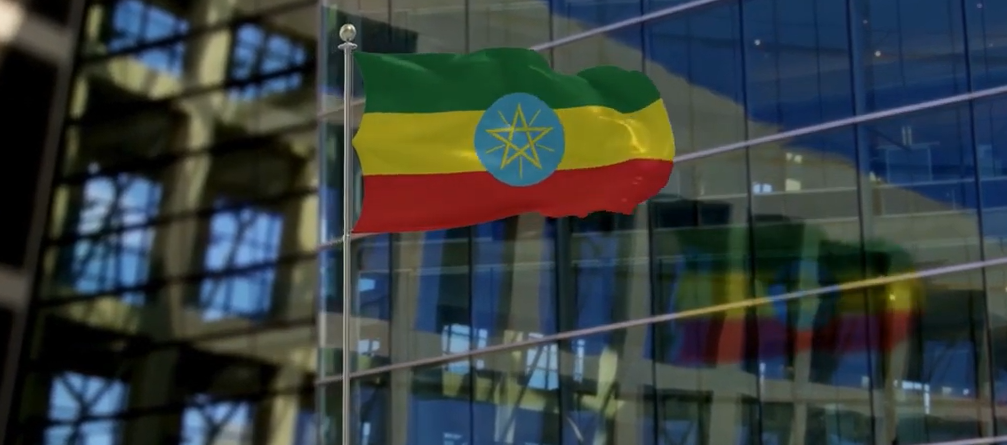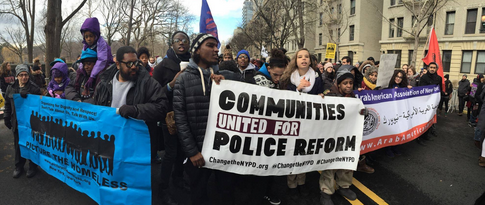Photos: Twitter
The United States must do more to ensure the safety of Afghan journalists as the county falls under the control of the Taliban, including facilitating safe passage out of the country and providing emergency visas, the Committee to Protect Journalists said Monday.
CPJ is deeply concerned for the safety of hundreds of local journalists and media workers who could be targeted by the emerging Taliban regime.
“The United States has a special responsibility to Afghan journalists who created a thriving and vibrant information space and covered events in their country for international media,” said CPJ Executive Director Joel Simon. “The Biden administration can and should do all within its power to protect press freedom and stand up for the rights of the vulnerable Afghan reporters, photographers, and media workers.”
CPJ has registered and vetted the cases of nearly 300 journalists who are attempting to reach safety, and there are hundreds more whose cases are under review. Because of the deteriorating security situation at the airport, only a handful have been able to board a flight to the U.S. or a third country where their visa requests can begin being processed. The vast majority of threatened journalists remain in hiding.
Afghan journalists working with The New York Times, The Washington Post, and The Wall Street Journal have been unable to board a flight out of the country, the Post reported Monday. In a joint statement sent to President Biden, the news outlets called on the U.S. to do more to guarantee safe passage out of the country for journalists and media workers who have supported their news operations.
“The international community’s understanding of what is happening in Afghanistan will depend on the survival of what was once a thriving independent press, even if much of the reporting takes place from exile,” Simon continued. “The local knowledge of Afghan journalists cannot be replaced.”
CPJ has long advocated globally for emergency visas for journalists at risk precisely to avoid temporary or improvised responses when new threats emerge.
To date, CPJ has registered and vetted 45 high priority cases of Afghan journalists in which the threat from the Taliban is clear and imminent. Many are female journalists whose record of reporting on women’s rights has exacerbated the risk. CPJ has also registered and vetted 127 other cases of Afghan media members who face significant risk, along with 119 journalists affiliated with U.S. news organizations. CPJ’s list of cases does not take into account family members who would also be eligible for relocation. Over the last 24 hours, CPJ has received an additional 475 email requests for assistance, which are undergoing review.
In recent days, CPJ intensified its collaboration with government officials and a broad network of local and global partners to provide emergency assistance and bring Afghan journalists to safety. Information about these journalists has been made available to the U.S. and several other governments willing to evacuate or accept journalists.
In Afghanistan, at least 53 journalists have been killed since 2001, and five were killed last year alone, CPJ research shows. Requests for help from Afghan journalists have been coming in to CPJ since the start of the year and have increased as the U.S. and NATO troop withdrawal drew nearer and Taliban militants expanded control over the country.







